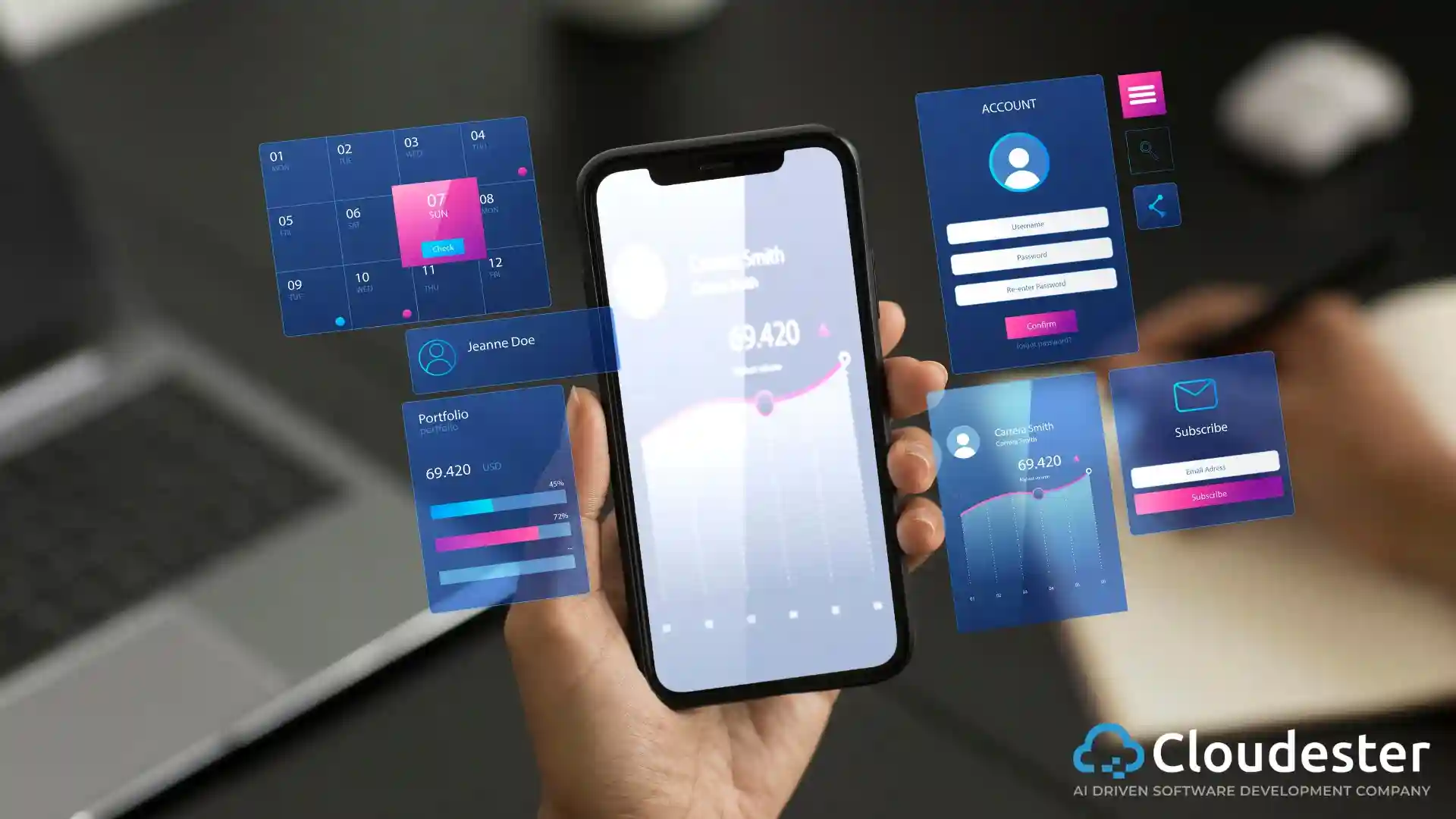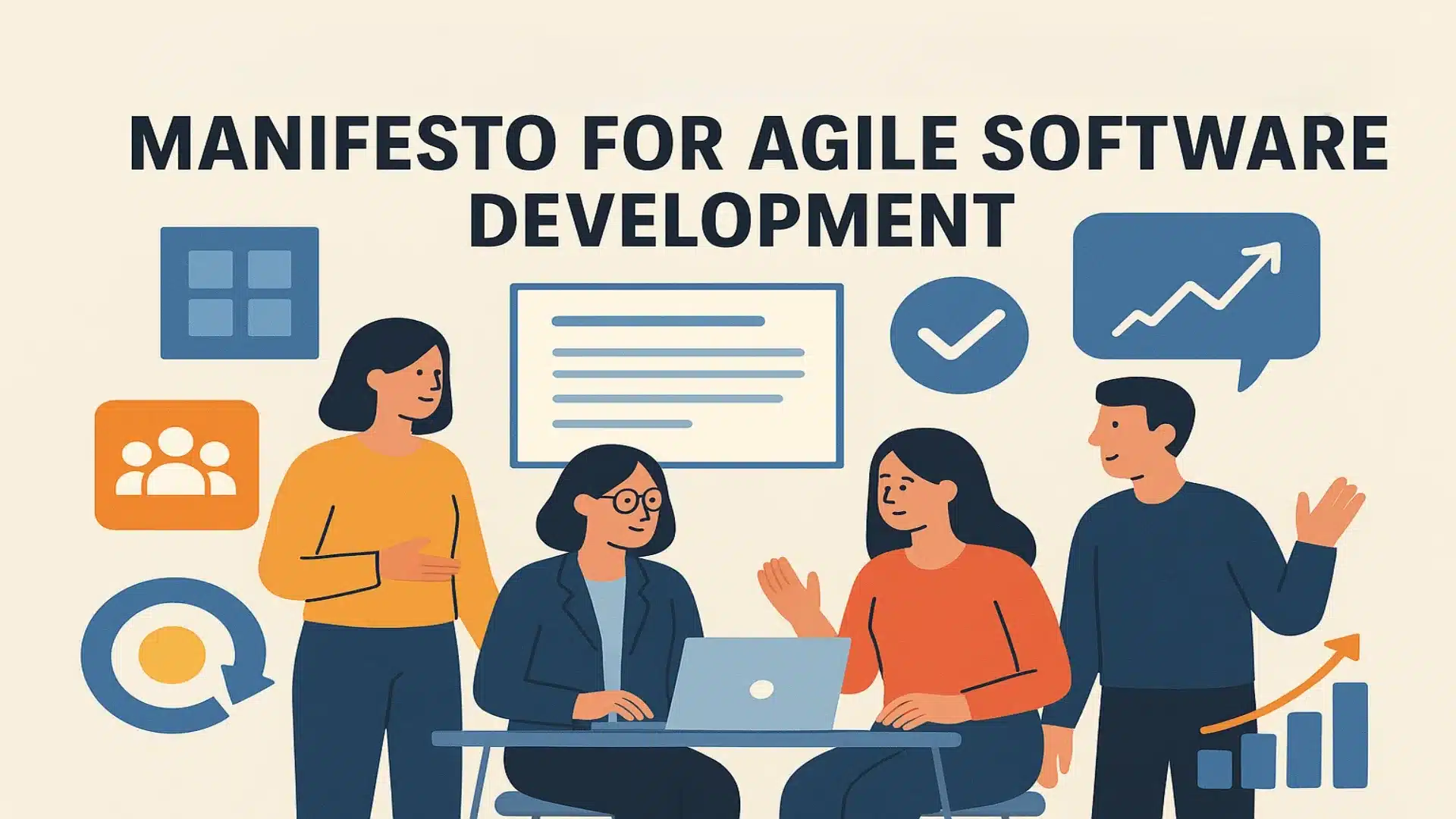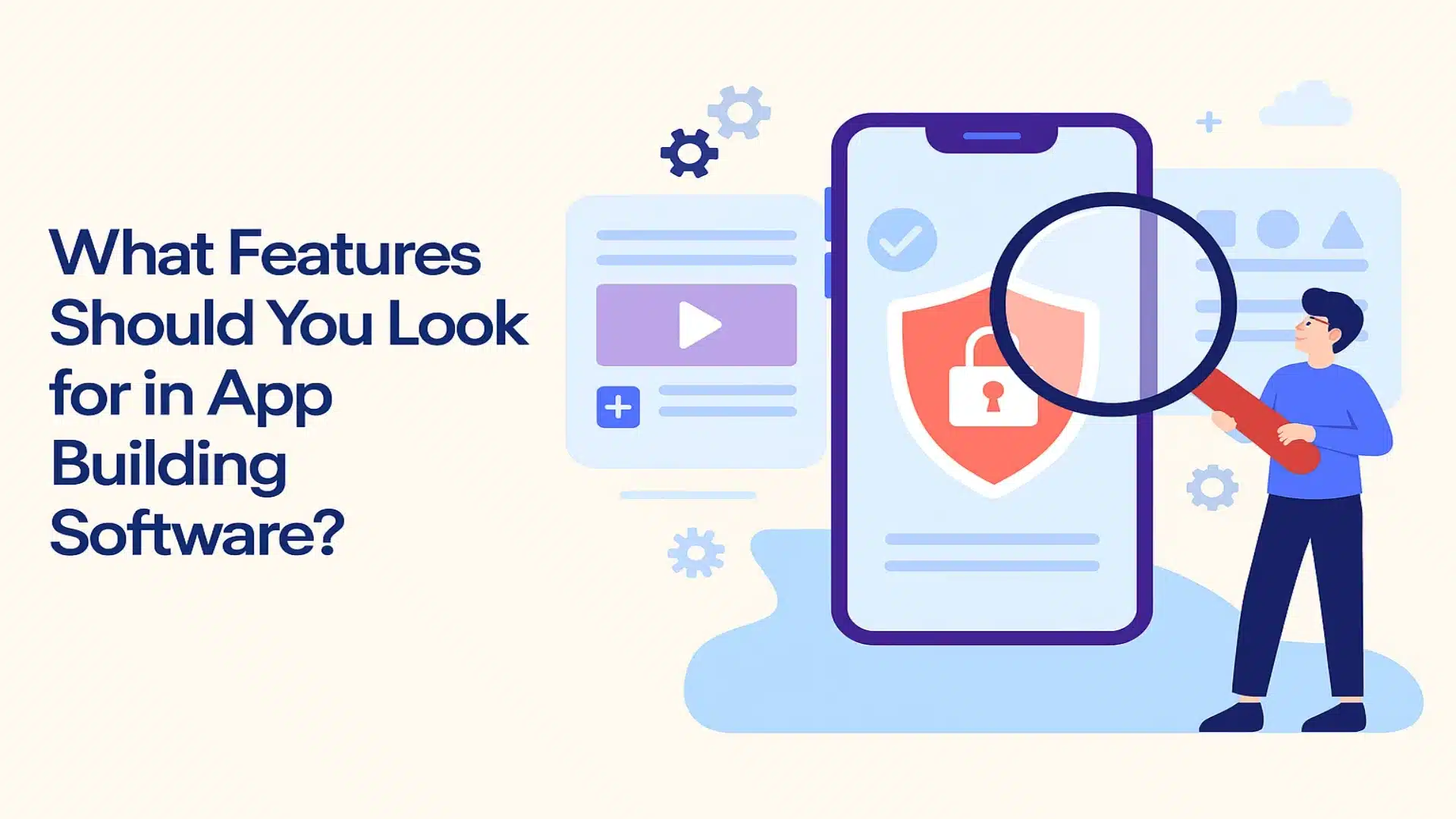Five Ways AI Personalization Can Boost User Engagement and Retention in Your App
When it comes to mobile app development in the USA, many believe that increased functionality or eye-catching design alone can drive user engagement and retention. However, those who continue to embrace these widely accepted views may miss out on a game-changing opportunity: AI personalization for user engagement.
In this post, we will challenge some of these assumptions and offer a fresh perspective on how AI can redefine the way apps interact with users. We will examine five innovative AI personalization techniques, dissect their pros and cons, and guide you in making informed decisions for your app strategy in the competitive US market.
1. Tailored Content Recommendations: Beyond Static Suggestions
Pros:
- Enhanced Relevance: AI-driven recommendations increase content relevance by analyzing vast amounts of user data.
- Improved User Satisfaction: Tailored suggestions make users feel understood, fostering loyalty.
Cons:
- Data Privacy Concerns: Users may feel uncomfortable if they perceive the app is collecting too much data.
- Over-Personalization Risks: Constantly showing users similar content might limit their exposure to new experiences.
Instead of assuming more recommendations are better, consider whether your app provides a balance between personalization and discovery, allowing users to explore new content naturally.
2. Personalized Push Notifications: Driving Engagement Without Being Intrusive
Pros:
- Higher Click-Through Rates: Personalized notifications are more relevant, leading to higher engagement.
- Time-Sensitive Relevance: AI can predict when users are most likely to interact with the app, improving open rates.
Cons:
- Notification Fatigue: Overdoing notifications, even personalized ones, can lead to user frustration.
- Complexity in Setup: Implementing advanced AI algorithms for push notifications may require significant investment.
Many developers think sending more notifications will boost engagement, but the reality is that quality and timing matter more. A few well-placed, personalized notifications can drive higher engagement than constant pings.
Harvard Business Review on AI Benefits – Harvard Business Review article outlining the benefits of AI-powered personalization.
3. Predictive Analytics for User Retention: Keeping Users Engaged Long-Term
Pros:
- Proactive Retention: Instead of reacting to lost users, predictive AI lets you engage users before they churn.
- Cost-Efficient: Retaining users is more cost-effective than acquiring new ones, making AI-powered retention a smart investment.
Cons:
- Complexity in Data Collection: Predictive analytics relies heavily on vast datasets, which may not always be available.
- Limited By Algorithm Accuracy: Poorly trained models may lead to false predictions, driving users away rather than retaining them.
Instead of assuming user retention is based solely on content quality, consider how subtle behavioral cues, like time spent on specific features, can offer valuable insights into retention strategies.
Custom AI Software Development Solution For Enterprises
4. Adaptive User Interfaces (UI): A Dynamic Experience for Each User
Pros:
- Personalized Experiences: An adaptive UI adjusts to user behavior, improving ease of navigation and overall satisfaction.
- Increased Engagement: Users are more likely to engage when the app feels intuitive to their needs.
Cons:
- Development Complexity: Building an adaptive UI is resource-intensive and requires ongoing fine-tuning.
- Risk of Alienation: Over-customization may result in users feeling disoriented or preferring a more uniform experience.
Most assume that user interfaces should remain consistent across the board. However, offering users dynamic adaptability can drive deeper engagement by catering to their unique needs.
5. Dynamic Pricing and Offers: Customizing Discounts Based on User Behavior
Pros:
- Boosts Conversions: Personalizing offers makes users feel valued, increasing the likelihood of a sale or conversion.
- Revenue Optimization: Dynamic pricing helps maximize revenue by offering the right prices to the right users.
Cons:
- Perceived Unfairness: Users may feel that dynamic pricing is unfair if they realize others are getting better deals.
- Legal Concerns: There may be regulatory or legal implications in some regions for using dynamic pricing.
Rather than treating all users equally, consider the value of personalized pricing strategies that reward loyalty and engagement. However, transparency and fairness should remain at the forefront of your approach.
Making Data-Driven Decisions for AI Personalization
AI personalization in mobile apps is no longer a luxury, it’s a necessity for app developers looking to boost user engagement and retention. However, as we’ve explored, not every form of personalization is without its challenges. By understanding the pros and cons of these AI-driven strategies, you can implement more thoughtful and effective personalization approaches that truly benefit your users.
Whether it’s dynamic pricing or adaptive interfaces, the key is to balance innovation with user comfort. As AI continues to evolve, so too should your personalization strategy, always placing user experience and data privacy at the heart of every decision. Contact us for more.
FAQs:
- What are the benefits of AI personalization for mobile apps?
- AI personalization enhances user engagement by delivering tailored content recommendations, optimizing push notifications, and creating adaptive user interfaces. These strategies help increase user satisfaction, retention, and overall app performance.
- How does AI improve push notifications in mobile apps?
- AI improves push notifications by analyzing user behavior to send messages at optimal times, increasing relevance and engagement. This reduces notification fatigue and improves click-through rates.
- What are the challenges of using AI for content recommendations?
- Challenges include potential data privacy concerns and the risk of over-personalization, which may limit users’ exposure to diverse content. Balancing personalization with content discovery is crucial.
- How can predictive analytics help in retaining app users?
- Predictive analytics can identify users at risk of churning and suggest interventions such as personalized offers or reminders, helping to retain users and reduce acquisition costs.
- What is adaptive UI and how does it benefit users?
- Adaptive UI adjusts the app’s design and functionality based on individual user preferences, making the app more intuitive and increasing user satisfaction and engagement.
- What are the potential downsides of dynamic pricing in mobile apps?
- Potential downsides include perceived unfairness among users and possible legal concerns depending on regional regulations. Ensuring transparency and fairness is important when implementing dynamic pricing strategies.










